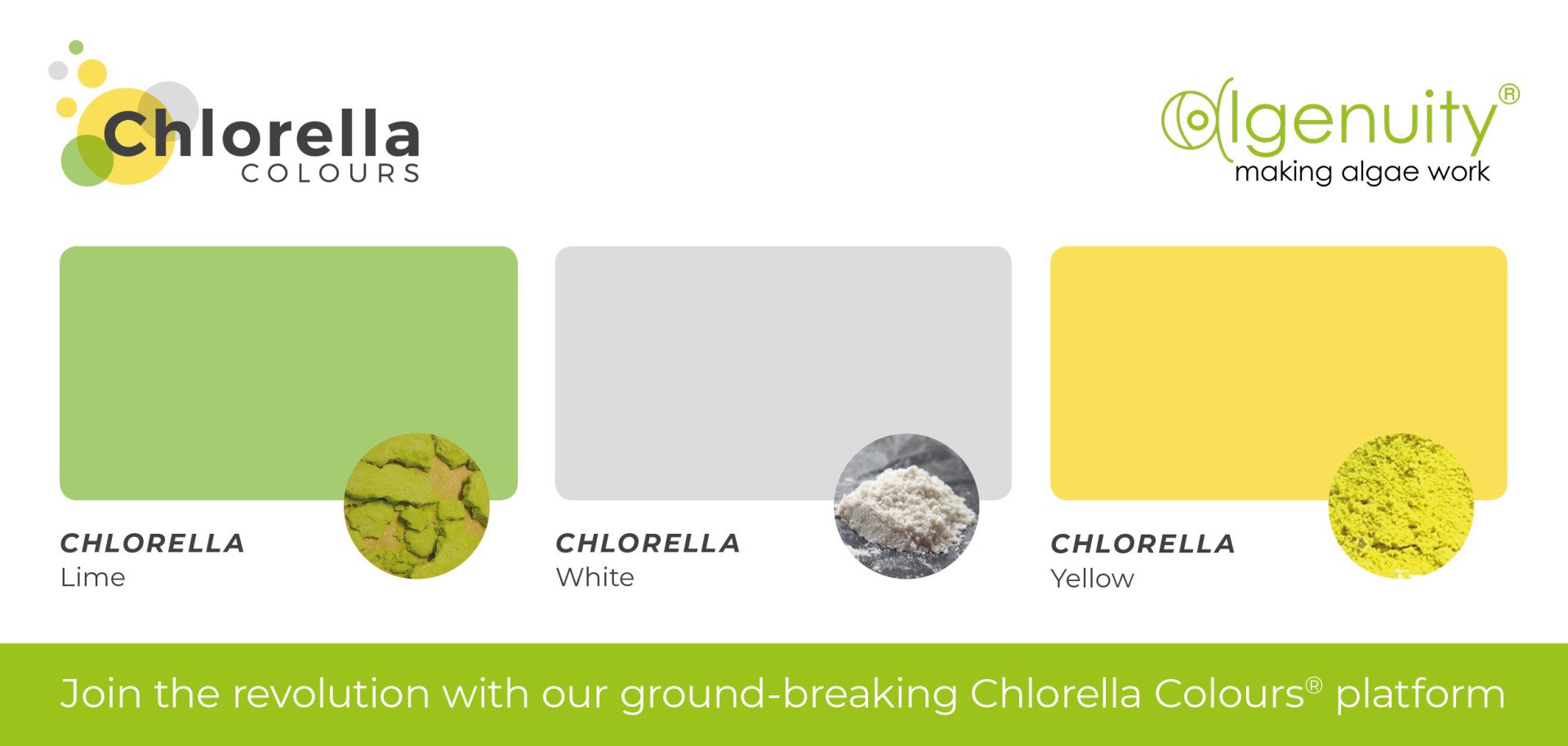Meat has been the main source of protein in developed markets for years. However, changing consumer behavior and interest in alternative protein sources due to health and environmental concerns as well as animal welfare have made way for growth in the alternative-proteins market.
Developing alternative protein sources represents a significant step forward in transitioning to a new sustainable food system. By 2050, the world will need to produce 70% more food to feed a growing population of 10 billion people. These foods will need to meet a high nutritional standard, while reducing their impact on the environment.
Recognizing this, global FMCG firm Unilever have joined hands with UK based biotech start-up Algenuity. This partnership will enable Unilever’s Food and Refreshment R&D team to leverage the biotech start-up’s unique algae processing technology and ingredients to develop innovative future foods under plant based portfolio.
The term ‘algae’ describes a highly diverse group of water plants, both marine and freshwater, which differ in size, the way they grow and their appearance in shape and color. It include both seaweeds that are made up of multiple cells and microalgae, which consist of microscopic single cells.
Chlorella vulgaris, a widely recognized microalgae, is a nutrient-rich, plant-based source of protein and fibre, with a low environmental footprint. Chlorella possesses a number of additional beneficial nutrients including antioxidants, vitamins, minerals and essential fatty acids. Chlorella has been consumed globally for decades and has a history of safe use as a food ingredient and supplement which brings advantages with respect to regulatory approval.
At present, green microalgae have very limited applications as ingredients in food and beverage products – owing to their undesirable dark green color, bitter taste and strong smell.

Algenuity’s Chlorella variants are no-longer photosynthetic!!! The varieties of Chlorella vulgaris are developed using non-GM plant breeding methodologies with screening for varieties that are deficient in chlorophyll. Screened varieties, then have been grown using fermentation technology to obtain range of colors that are neutral in taste & flavor. The use of fermentation systems not only allows sustainable, safe, efficient, and reproducible production at large scale but also facilitate the efficient use of natural resources. Gentle drying process after fermentation retains the functionality demanded when replacing dairy and animal proteins. These variants naturally contain antioxidants, beta-glucan, B & E vitamins, magnesium, zinc, omega-6 fatty acids & also satisfy the requirements for natural, gluten-free, non-GM, clean label claims. Being vegan-friendly makes them extremely relevant for today’s growing consumer appetite for more plant-based foods with additional functional benefits.
Cost-wise, the microalgae ingredient will be more expensive than the current market incumbents such as soy and pea, but cost will come down as market uptake occurs. It’s nutrient abundance as compared to plant extracted proteins will also confer an upper hand in decision making.
In coming years, this partnership will hopefully bring more plant-based foods to the table that are good for us, good for the planet and delicious at the same time!!!
So, are you ready for this transition??? .